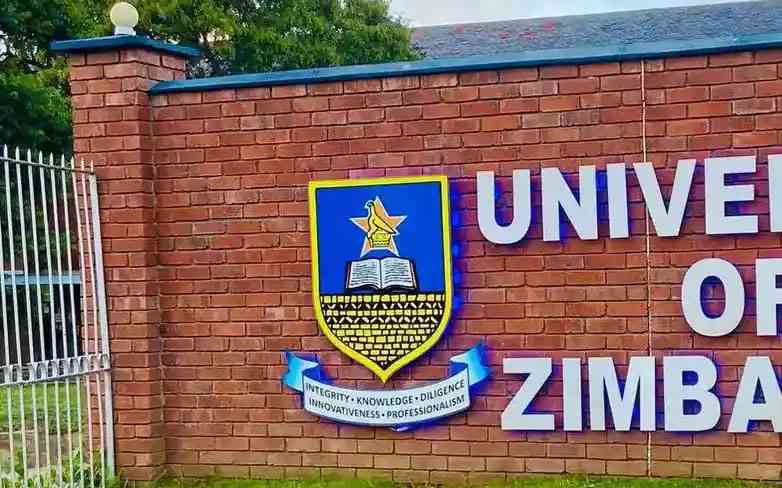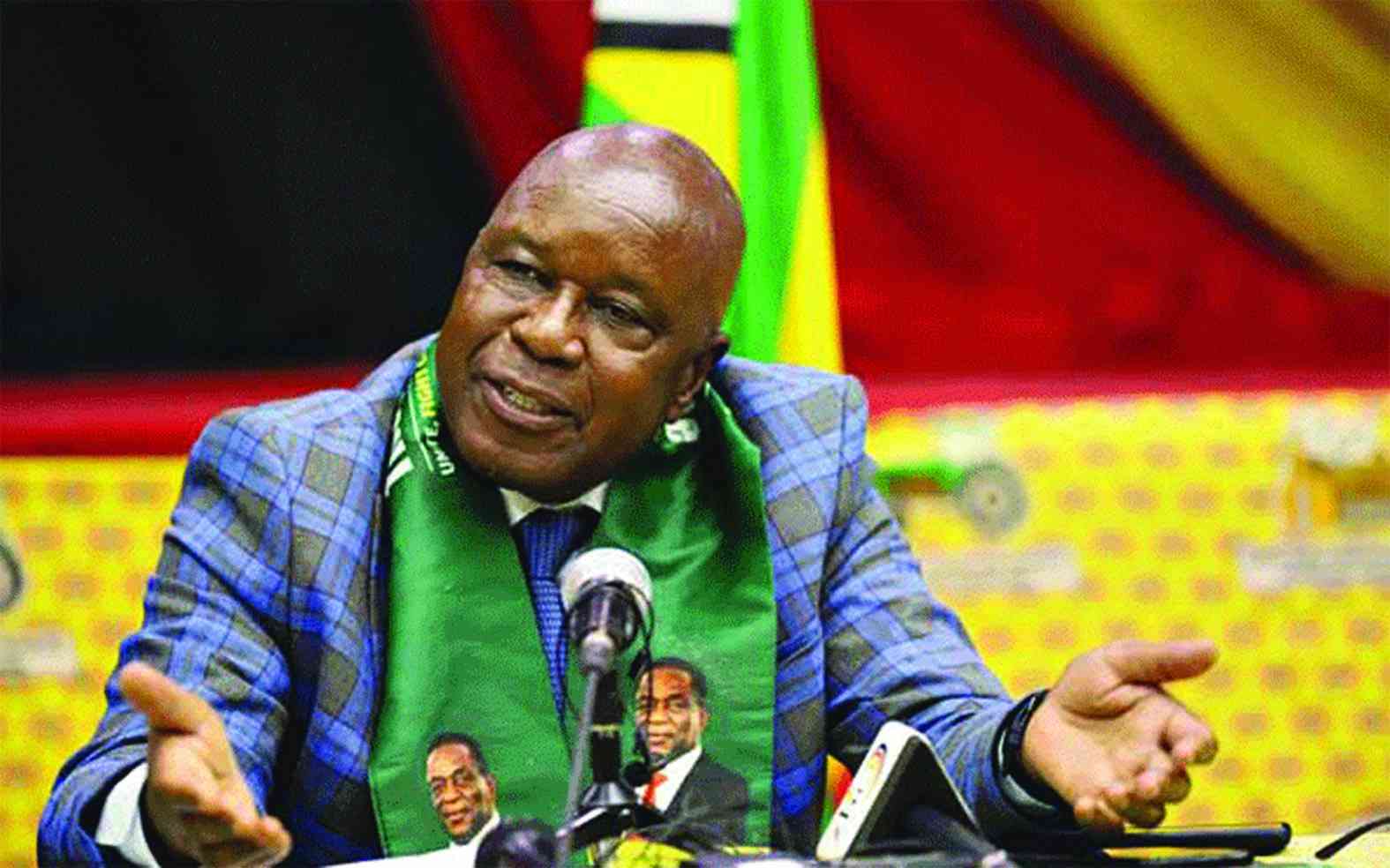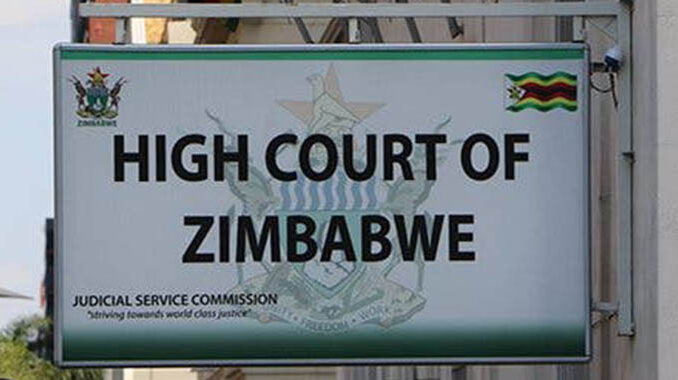The Zimbabwe Electoral Commission (Zec) last night announced President Emmerson Mnangagwa as the winner of the August 23 to 24 presidential elections, a result that was immediately rejected by his main rival.
Zec chairperson Priscilla Chigumba said Mnangagwa received 2 350 711 votes or 52.6% of the 4 468 730 votes cast against Chamisa’s 1 967 343 or 44% of the vote.
Chamisa’s camp did not endorse the polls. CCC spokesperson Promise Mkhwananzi said: “We reject any result hastily assembled without proper verification, not lectureship.
“We will advise citizens on the next steps as the situation develops. We will not relent on the people’s victory.”
There were 11 candidates in the presidential election after former Zanu PF commissar Saviour Kasukuwere was barred by the Supreme Court from contesting.
Chamisa’s refusal to concede defeat means that Zimbabwe will experience a repeat of the previous polls, which were disputed.
In 2018, Zec announced that Mnangagwa received 2 147 437 million votes or 50.8% of the 4,8 million votes, which was just enough to avoid a run-off election.
Chamisa, who was an MDC Allicance candidate then, won 2 460 463 votes or 44.3%.
He disputed the outcome, but was overruled by the Constitutional Court that declared Mnangagwa the winner.
Foreign observer missions, including the Southern African Development Community, on Friday said this year’s elections did not meet regional and international standards.
They cited a number of irregularities that marred the elections.
Earlier yesterday, Chamisa’s chief election agent Charles Kwaramba said the CCC leader had won the elections and they had the evidence.
“We must know that the law allows political parties to tabulate results on their own and have a comparative analysis of the results on their own so CCC has been doing that,” Kwaramba said.
“We have our own source of documents, our election agents all over the country were collecting our own V11s.”
“We have the information.
“We won’t announce the results but we know them if we were permitted by the law, we would tell you but we are continuing the verification process.”
Meanwhile, Zanu PF won 136 parliamentary seats against the opposition Citizens Coalition for Change’s 73 following the August 23 to 24 elections in what represents a significant decline for the ruling party from the previous polls.
There was no election in Gutu West after an independent candidate died before the polls.
In 2018, Zanu PF garnered 145 seats against the MDC Alliance’s 60 in the 210 seat National Assembly.
CCC won some rural seats previously held by Zanu PF while the ruling party also made inroads in urban areas, winning Mbare constituency and other constituencies in Harare; the opposition stronghold.
CCC won in Norton against independent candidate Temba Mliswa as son of Morgan Tsvangirai, Richard became a parliamentarian.
CCC could have picked two more seats in Harare were it not for double candidates in areas such as Epworth South, which was clinched by Zanu PF.
Douglas Mwonzora’s MDC-T did not pick a single seat in the elections and failed to get any significant votes, with most of his 24 candidates falling short of the 1000 vote mark.
Parliament has 210 seats elected directly at the ballot, 60 proportional representation and another 10 respectively for women and youth under a quota system.
These seats are shared based on the percentage of votes each party receives in the parliamentary polls.





